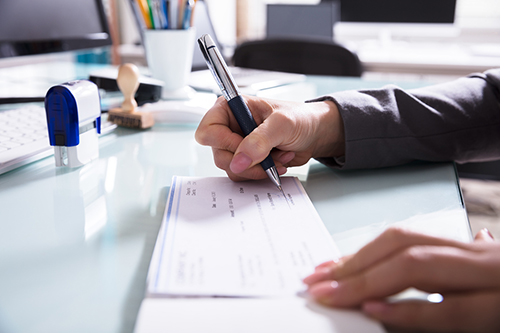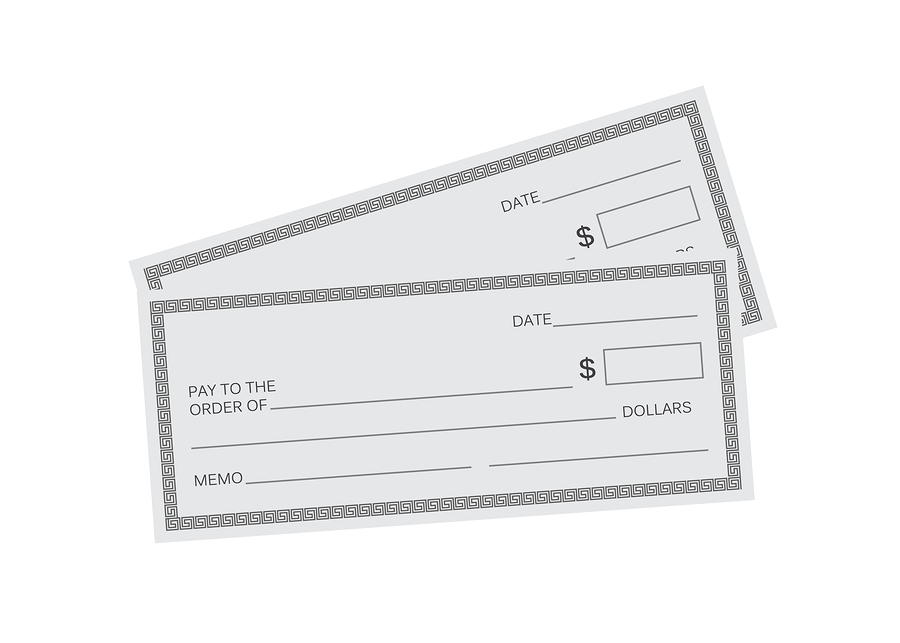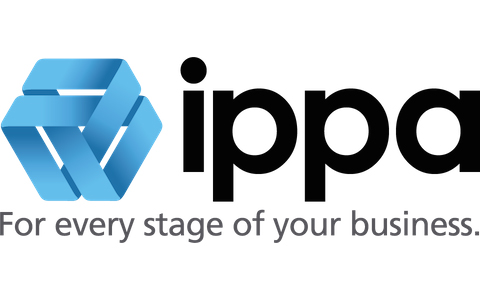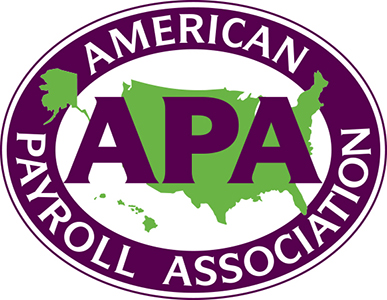It's true, we still need paper checks. But why? Over the years, the usage of paper checks has been steadily declining, especially in the consumer atmosphere. Few individuals reach for a personal check to pay for something and now most stores no longer accept checks at all. Studies show back in 2000, paper checks were used in 42.6 billion transactions, and since, we’ve seen that number significantly drop to 14.5 billion in 2018. Consumers write checks so infrequently now that the number of Google searches for “how to write a check” in the past decade has increased astronomically due to confusion surrounding the check-writing process. If you’re wondering what the benefits are of using paper checks, the experts at USA Payroll are sharing why we still use them today.
 Paper Checks for Businesses
Paper Checks for Businesses
The paper check persists in 2020, with the largest perpetrator being businesses. From an economic standpoint alone, this leaves experts scratching their heads. According to multiple industry sources, processing a paper check costs anywhere between $4-$20 per check, which is ten times more costly than digital payments. This leaves a large-sized company that processes 10,000 checks a month, paying upwards of over $2 million annually just to keep this form of payment afloat. Coupled with new technology, like the Federal Reserve Real-Time Payments (RTP) which was designed to entice businesses to make the switch, it seems much more lucrative and logical to go digital.
Benefits of Paper Checks for Payroll Services
So, what are the benefits of using paper checks and why exactly does this form of payment have such staying power in the business sector? Many businesses still cling to paper checks for payroll because of three main things—familiarity, universality, and their anticipated budget.
Checks are familiar. Most businesses already know how a paper check works. There is nothing to change, nothing new to learn, and the technology behind them has remained relatively simple throughout their existence. Checks are often universal across many businesses. While almost every company that accepts e-payments accepts paper checks, the reverse can’t always be said. If your company accepts both, there is no guarantee that all your vendors and suppliers will accept paperless invoicing. As far as budget is concerned, many businesses think that paperless invoicing options are too good to be true for their smaller, less established company or that they won’t qualify for a paperless invoicing system, making paper checks the number one choice.
Expenses aside, checks leave a desirable paper trail. With invoice numbers and payee information right on the check, it lends innate transparency and establishes order to pay systems. Plus, many businesses use paper checks for payroll purposes because they are often integrated with accounting software packages, like QuickBooks, which makes keeping track of a company’s expenses easy. Technological pushes have had difficulty in navigating existing fractured payment networks. Instead, they find a more successful approach to managing paper checks, like the check deposit function in mobile bank apps.
Until a better system is established, businesses will keep the paper check alive even as it dwindles everywhere else. At USA Payroll, our payroll can be processed entirely digitally, including traditional paper checks or a combination of the two – whichever works best for your business. Contact us today at (856) 665-5600 to discuss what is right for your business.










